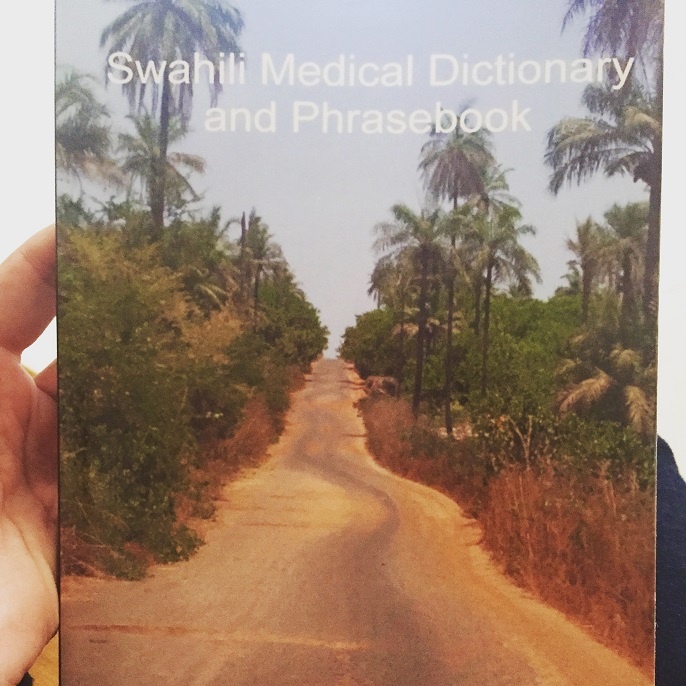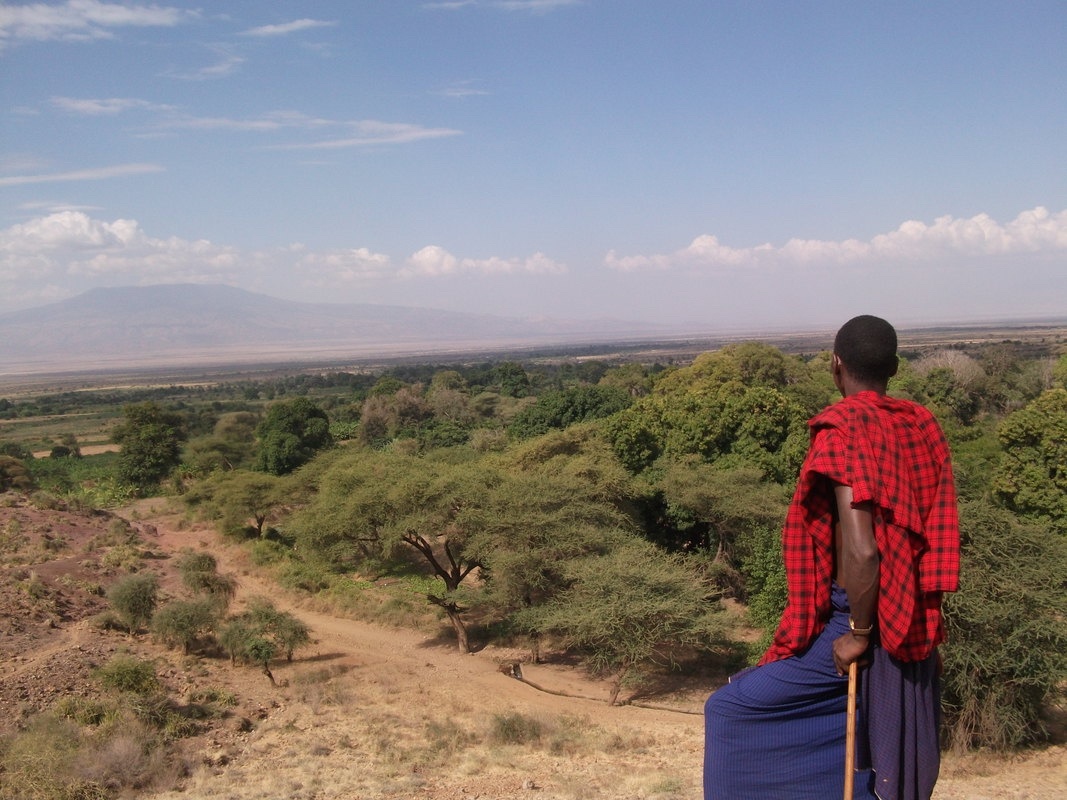
Is a degree no longer enough? An experience in international nutrition and dietetics
In today’s competitive work environment, many employers are seeking ‘work ready’ graduates with clear evidence of job specific skills. When looking at a pool of applicants it is important to query if a graduate simply studied the theory, or if they are able to apply demonstrated experience in putting theory to practice?
Real-world experience can be the only thing standing between you and your dream job.
Work experience can no longer be deemed an ‘option extra’, and is increasingly an essential element in preparing for the employment market. Students need to show they have initiative and a desire to succeed in the workplace. If you can demonstrate that you have held down a job, or more importantly – conducted work experience or volunteered in your chosen industry, it demonstrates that you are reliable and that you already understand the workforce expectations of your industry.

While advantages of work experience have been highlighted for many years, in today’s global job market, graduates are now also looking to further distinguish themselves from the crowd by working abroad.
Those who study or work overseas gain numerous skills that are highly valued by employers, including independence, adaptability, problem solving, confidence, initiative, networking and increased cultural awareness and sensitivity.
Below, Anita Edney shares her experience in volunteering in Tanzania. Previously holding a Health Science degree and a Master of Business (Marketing/Communications), Anita is currently completing a Master of Nutrition and Dietetic Practice at Bond University.
While the Bond University Master of Nutrition & Dietetic Practice program provides an international placement experience for every student, in this instance Anita travelled to Tanzania of her own volution during her university break, to maximise her work experience opportunities in global health. She will also complete another international placement experience as part of her Bond University studies next year.
Experience in Tanzania – a global health perspective
 “In August of this year I had the pleasure of being able to spend time working in Tanzania to experience health and nutrition from a global health perspective. Whilst to some this might be viewed as a bit of a volunteering opportunity, what I gained from my time far outweighed anything I could have ever contributed.
“In August of this year I had the pleasure of being able to spend time working in Tanzania to experience health and nutrition from a global health perspective. Whilst to some this might be viewed as a bit of a volunteering opportunity, what I gained from my time far outweighed anything I could have ever contributed.
It was a unique chance for me to broaden my understanding on healthcare in general and develop a true appreciation for what it really means when the World Health Organization says “health and healthcare is a human right for all.”
The idea of being able to witness a different healthcare setting and explore nutrition-related global health issues in Africa seemed rather exhilarating and I was excited even to board the plane, for my 20-something hour journey. On arrival in country, an immediate reality check hit me before I even left the airport … there was virtually no signage, the people were super friendly, security seemed non-existent and getting a visa on arrival could only be described as bizarre with your passport being collected in a bundle for processing whilst everybody stands around waiting for their name to be called out. I soon learned that everything runs on “Tanzanian time” (or in other words, when somebody says see you at 9am, it actually means more like 10am).
 During my time in Arusha, which is located at the base of Mount Meru (a popular tourist destination for hiking), I learnt what the “real health issues” for the people of Tanzania are from medical and health professionals within the city’s regional hospital.
During my time in Arusha, which is located at the base of Mount Meru (a popular tourist destination for hiking), I learnt what the “real health issues” for the people of Tanzania are from medical and health professionals within the city’s regional hospital.
Of most surprise was that whilst the fight against poverty might be well advancing, the incidence of paediatric malnutrition is one of the greatest challenges facing the nation. Of all the hospital departments – emergency, infectious disease, obstetrics and gynaecology – the busiest was the paediatric ward, with malnutrition distinctly the most prominent reason for admission.
Having previously spent time in other developing nations, I knew I wanted to go in with an open mind. As a result, I was privileged enough to spend time with some amazing individuals; including locally trained health professionals, representatives from the United Nation’s World Food Programme and the Red Cross, as well as other clinical placement providers.
 I experienced first-hand some of the local work being undertaken in health promotion and education as a way of shaping future development and community engagement to overcome nutrition challenges.
I experienced first-hand some of the local work being undertaken in health promotion and education as a way of shaping future development and community engagement to overcome nutrition challenges.
From a grass-roots campaign within the regional hospital to educate new mothers on nutrition and health for newborns, to mobile vaccination and nutrition clinics that are servicing village communities, it was insightful to see first-hand the way real change is only achieved when local customs and cultures are integrated into initiatives where resources and knowledge are adequately sustainable.
I was well aware that a disparity between developed and developing nations existed before my trip, but it is amazing how when you spend time within a different healthcare system how much you see it isn’t just health that is developing … it is the roads, the infrastructure, the education system, the international trade channels and so forth. And so the greatest lesson was that in learning not to judge, but rather embrace the experience and use it as a tool to have broaden my views, learnings and understandings of the challenges that face us as health professionals on a global scale…. and to implement this within my own practice in the field of nutrition and dietetics.”
Anita Edney
Bond University Master of Nutrition & Dietetic Practice student
Practical Experience and an International Perspective
Universities around the world are valuing the goal of becoming more globally engaged, and encouraging their students to employ a global perspective to their studies and experiences.
Bond University places strong emphasis on clinical placements, internship and work experience opportunities for its students. A unique feature of the Master of Nutrition & Dietetic Practice program is the completion of an international placement. All Bond students in this program take part in this experience to develop their skills in international nutrition and dietetic practice, including the development of cultural competency. Students gain a global perspective of the effects of different cultural, political, economic and physical environments on nutrition and dietetic issues which can then be integrated into professional practice.
Bond University Nutrition & Dietetic Students gain practical experience through simulation
This post has been published by My Health Career in partnership with Bond University.
